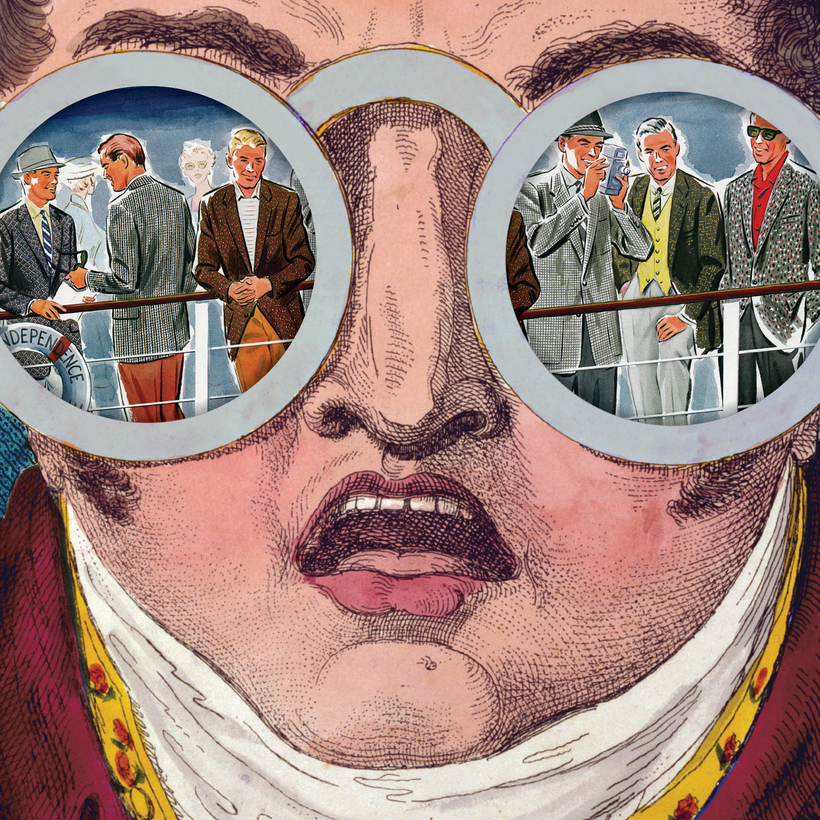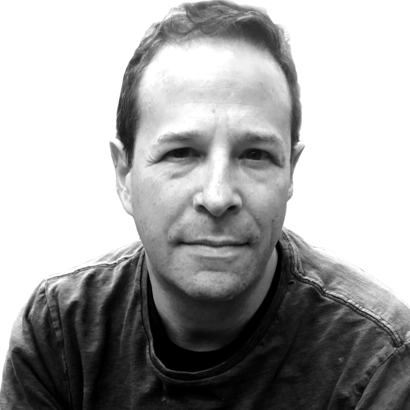A name is a kind of prison. What your parents choose for you and what they have themselves inherited sticks like a burr that can determine your role in the world—what you are and what you feel free to become. It can determine how people see you. Because of a name, strangers will form an opinion of you before you enter the room.
It’s my belief that people born with certain names are more likely to fulfill certain destinies. A woman named Emily Bookbinder should not be surprised to find herself with a job in publishing, nor should a man named Jaxson Dart be surprised to find himself playing quarterback at Ole Miss.


